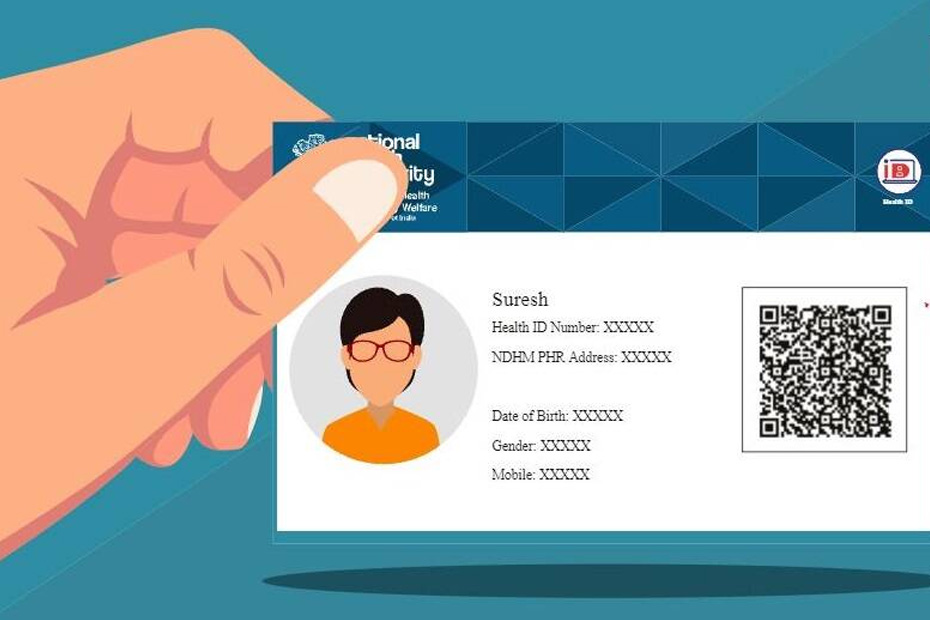In a world where uncertainties and health risks loom large, access to affordable and comprehensive healthcare is a fundamental need. This need gave birth to Ayushman Card, a revolutionary initiative that seeks to transform the landscape of healthcare coverage in India. With a primary objective of providing financial protection to vulnerable sections of society, the Ayushman Card program combines government support with the expertise of Third Party Administrators (TPAs) in health insurance to create a robust and efficient healthcare ecosystem. In this article, you will delve into the intricacies of Ayushman Card eligibility and the pivotal role played by TPAs in ensuring its success.
Ayushman Card eligibility: Bridging the healthcare divide
The Ayushman Card, also known as the Ayushman Bharat Pradhan Mantri Jan Arogya Yojana (AB-PMJAY), was launched by the Government of India in September 2018. Its aim was clear: to provide financial protection to more than 100 million families living below the poverty line. The eligibility criteria for Ayushman Card revolve around socioeconomic factors, ensuring that those who need healthcare the most receive assistance.
- Socioeconomic criteria: Ayushman Card eligibility primarily targets families categorised as deprived, destitute, or low-income, identified through the Socio-Economic Caste Census (SECC) database. Families falling under specific categories, such as Scheduled Castes and Scheduled Tribes, automatically qualify.
- Household criteria: The program is designed to cover families, not individuals. Each eligible family unit can include up to five members. This approach ensures that the benefits reach those in need of healthcare within the family structure.
- Occupational criteria: Certain occupational categories, like ragpickers and beggars, are also automatically eligible for the Ayushman Card, regardless of their income status. This inclusion recognises the vulnerability of these populations.
- Urban and rural divide: The Ayushman Card program extends its coverage to both urban and rural populations. It bridges the healthcare divide that often exists between these two segments, ensuring that healthcare access is equitable.
- No age limit: Unlike many insurance schemes, Ayushman Card has no age restrictions. It covers all members of an eligible family, from newborns to the elderly.
- No cap on family size: The Ayushman Card program does not discriminate based on family size, ensuring that even larger families receive the necessary healthcare support.
By focusing on these eligibility criteria, Ayushman Card aims to reach those who are most in need of healthcare assistance, regardless of their financial status. This approach aligns with the broader goal of universal healthcare coverage in India.
TPAs in health insurance: The pillars of Ayushman Card’s success
Third Party Administrators (TPAs) play a pivotal role in the implementation and success of the Ayushman Card program. Their expertise in health insurance management and claims processing is instrumental in ensuring that beneficiaries receive the healthcare they deserve.
- Efficient claims processing: TPAs are responsible for streamlining the claims process. They work closely with healthcare providers and ensure that claims are processed swiftly, reducing the financial burden on beneficiaries. This efficiency is crucial in a country like India, where timely healthcare can mean the difference between life and death.
- Network management: TPAs maintain a vast network of empaneled hospitals and healthcare providers. This network ensures that beneficiaries have access to quality healthcare services across the country, even in remote areas.
- Pre-authorisation and verification: TPAs play a critical role in assessing the eligibility of beneficiaries and ensuring that the proposed treatments align with the Ayushman Card guidelines. This pre-authorisation process helps control costs and ensures that resources are allocated where they are needed most.
- Fraud detection and prevention: The expertise of TPAs extends to fraud detection and prevention. They employ advanced techniques and technologies to identify fraudulent claims, protecting the financial integrity of the Ayushman Card program.
- Beneficiary education: TPAs also engage in beneficiary education, helping eligible families understand their rights and the services available to them. This empowers beneficiaries to make informed decisions about their healthcare.
- Data management: TPAs maintain a robust data management system, which is critical for tracking the program’s performance and identifying areas for improvement. Data-driven insights enable the government to fine-tune the Ayushman Card program continually.
- Compliance and regulatory support: TPAs ensure that the program complies with all relevant regulations and guidelines. Their expertise in navigating the complex landscape of health insurance regulations is invaluable.
The synergy between the Ayushman Card program and TPAs in health insurance is a testament to the power of public-private partnerships. By leveraging the expertise of TPAs, the government can effectively deliver on its promise of accessible and affordable healthcare for all.
The Ayushman Card program, with its meticulous eligibility criteria and the support of TPAs in health insurance, stands as a shining example of healthcare reform in India. It bridges the healthcare divide, ensuring that even the most vulnerable segments of society have access to quality healthcare services.

